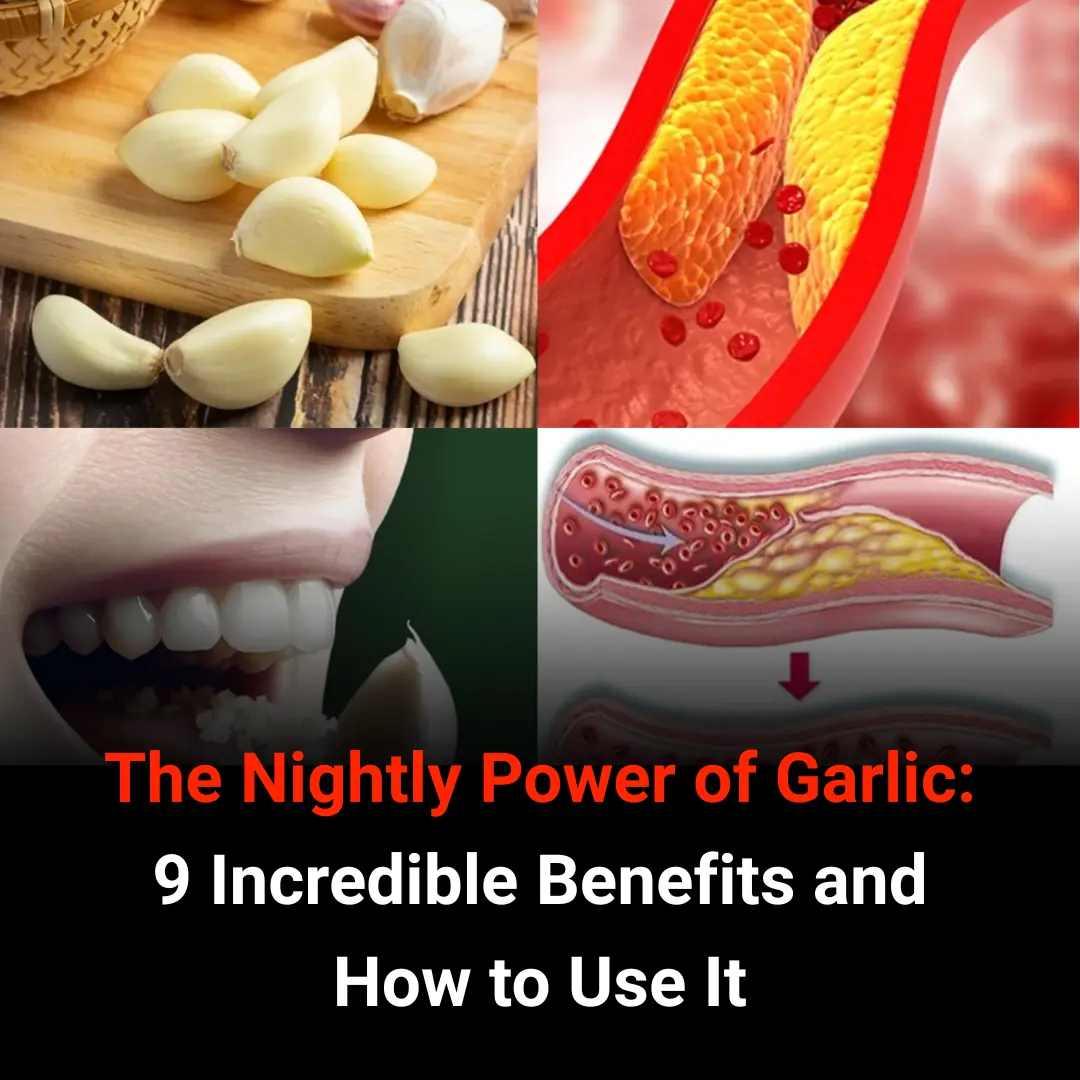
Doctor reveals the one sound people make that means they have under 24 hours left to live
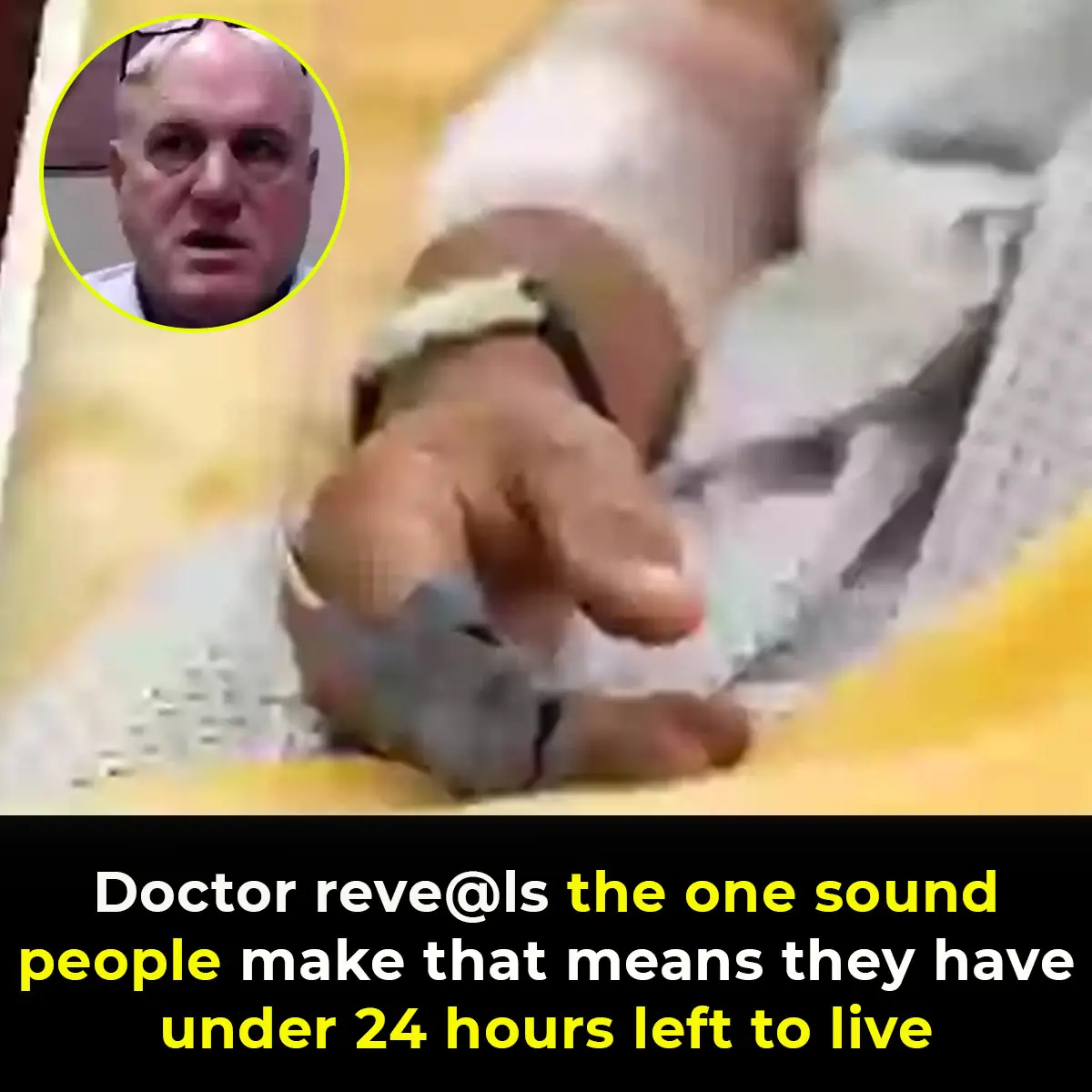
A doctor has explained why people often make a particular noise when they are just hours away from death.
This noise, known as the "death rattle," can be heard when someone is within 24 hours of passing. Healthline describes it as "a crackling, wet sound that may accompany each breath."
The site further explains, "A death rattle is a distinctive sound that can occur as a person nears the end of their life, and it may happen when they can no longer swallow or cough effectively enough to clear saliva."
This sound typically emerges as the person drifts in and out of consciousness, and their breathing becomes more labored. But what causes this to happen?
Dr. Paulien Moyaert, a former medical student, PhD candidate, and nuclear medicine resident, explained in a YouTube video: "This occurs because, as consciousness fades, patients lose their ability to swallow. Air moves these accumulated secretions, resulting in noisy breathing."
She added, "Some people believe that the death rattle is the lungs' attempt to breathe through a layer of saliva."
Although the sound can appear distressing, Dr. Moyaert noted that because the person is likely unconscious, they do not experience pain.
Can a death rattle be treated?
"We often administer medications to try to dry up the airways and reduce the death rattle," Dr. Moyaert explained. "However, when we do this, it's not for the comfort of the person who is dying, but rather for their family."
She also mentioned that repositioning the patient, turning them to their side with their head slightly elevated, may help ease the noise.
Many viewers of the doctor’s video expressed their gratitude for the explanation. One person shared, "Thank you. I am with my dying mother right now, and this helped me understand that it is normal."
Another wrote, "A friend of mine is dying in Florida, and her daughter updated me. She mentioned a 'death rattle' in one of her messages, and I wasn’t sure what that meant. Thank you for explaining it."
A third commented, "Amazing, my father sounded just like the sample. Thank you, Dr."
Others expressed a wish they had known this information sooner when caring for their loved ones. One person said, "Thank you for educating those going through this with a loved one, or those who will in the future. I wish I had known this before my mom passed. It was traumatic to hear her pronounced death rattle—it sounded like she was struggling to breathe. The sound haunted me for months after she passed."
News in the same category


An Onion Drink for Eye Health: A Holistic Approach

A Pill to Regrow Your Teeth? The Future of Dentistry is Here

6 Health Benefits of Eating One Cup of Pineapple Every Day
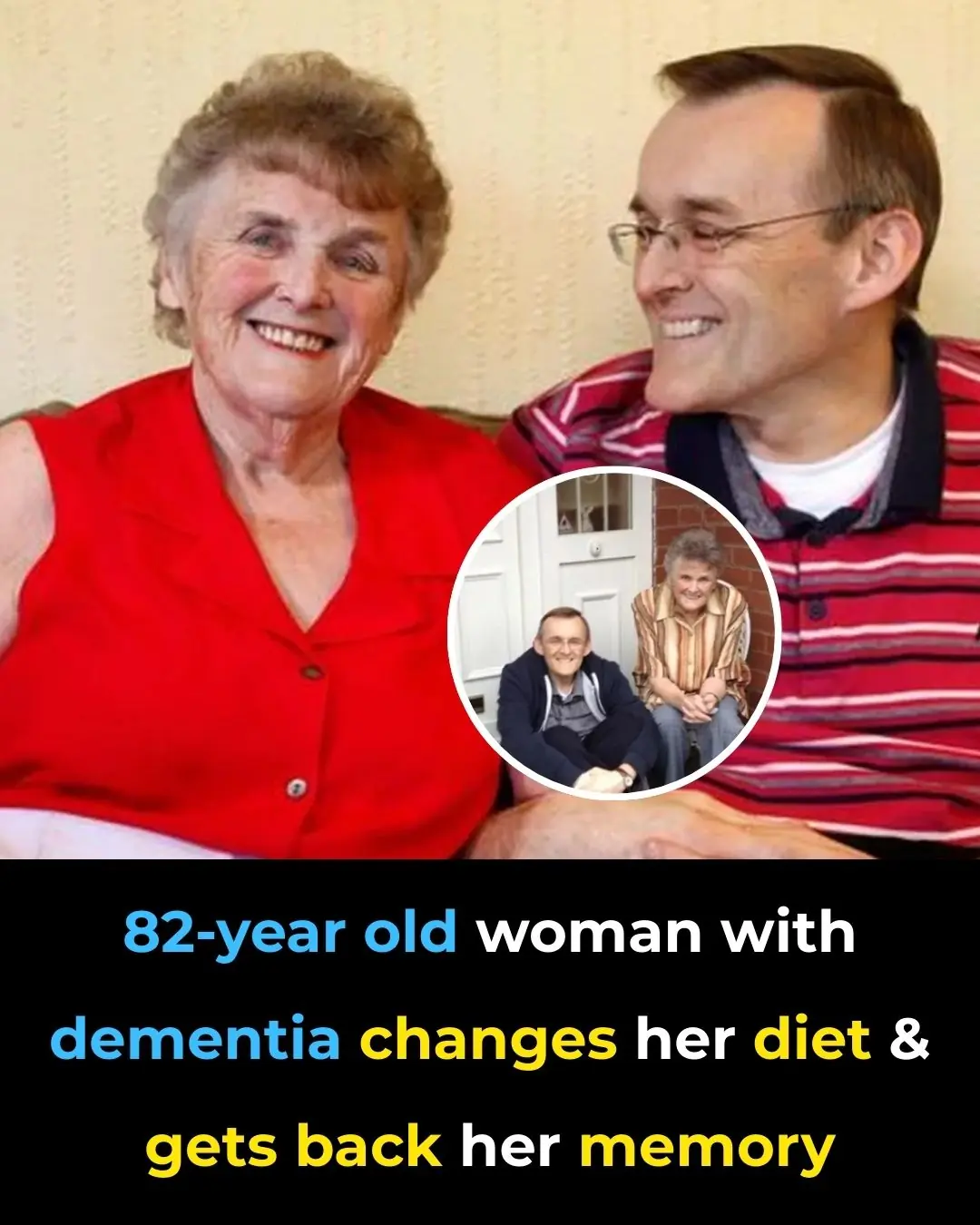
82-Year-Old Woman Reverses Dementia Symptoms with Mediterranean Diet
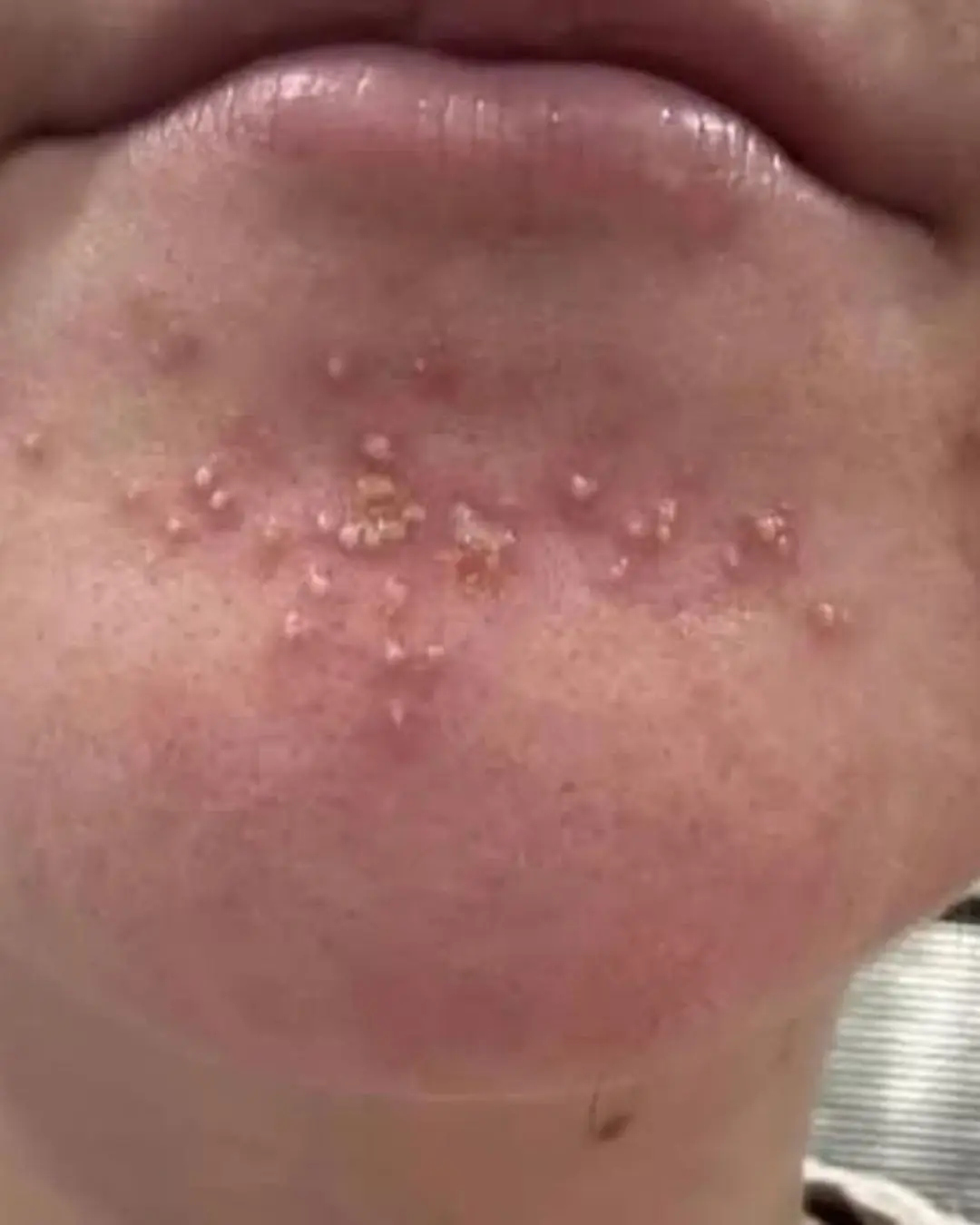
The Real Consequences of Sleeping With…

Tibremciclib for Advanced Breast Cancer: Is It Worth It?
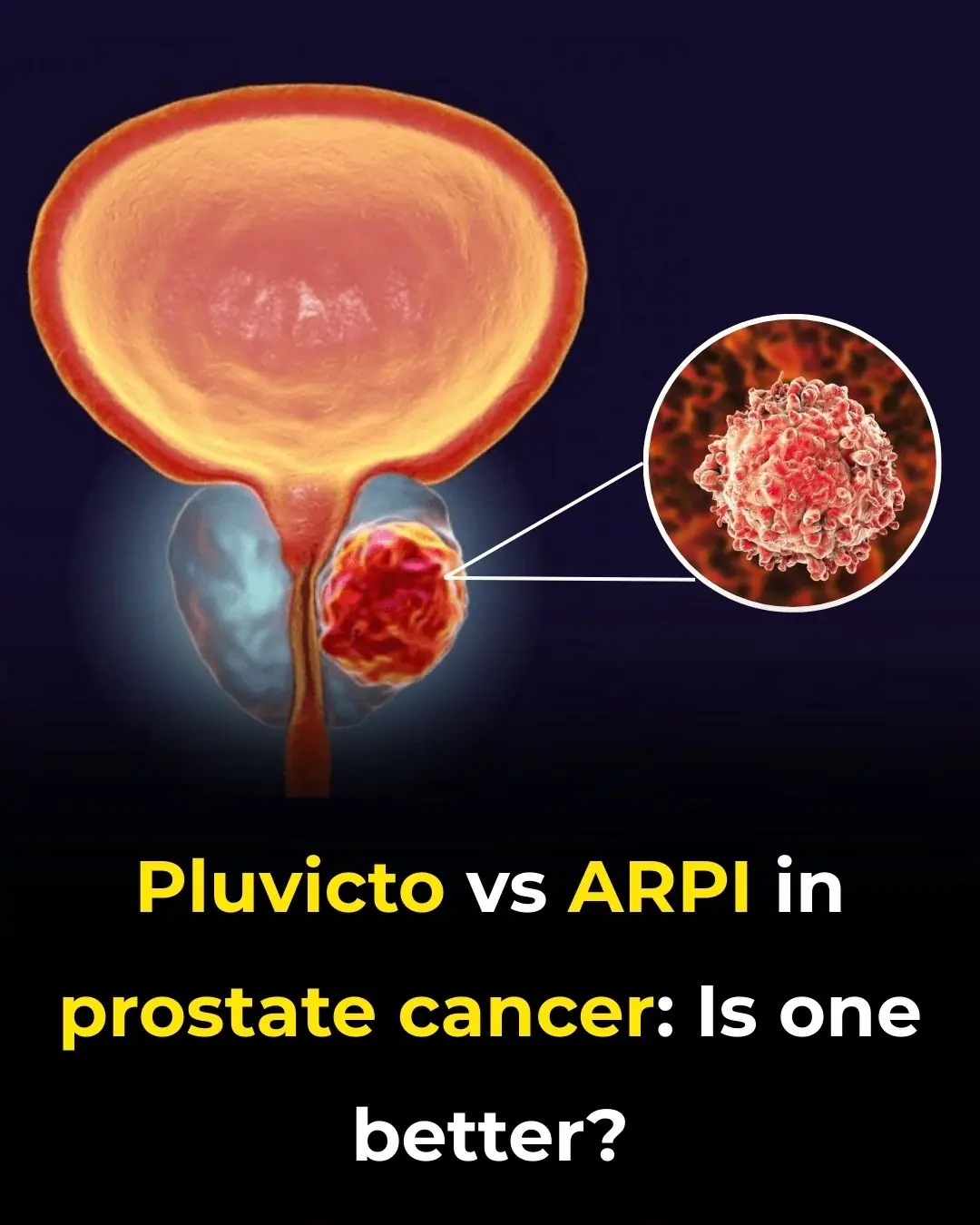
Pluvicto vs ARPI in Prostate Cancer: Is One Better?

Does Chest Pain Always Mean a Heart Attack?

10 Tasty Snacks Packed With Good-for-You Carbs

Drink this before bed to balance blood sugar & stop nighttime bathroom trips!

This vegetable oil linked to “aggressive” tumour growth, study finds
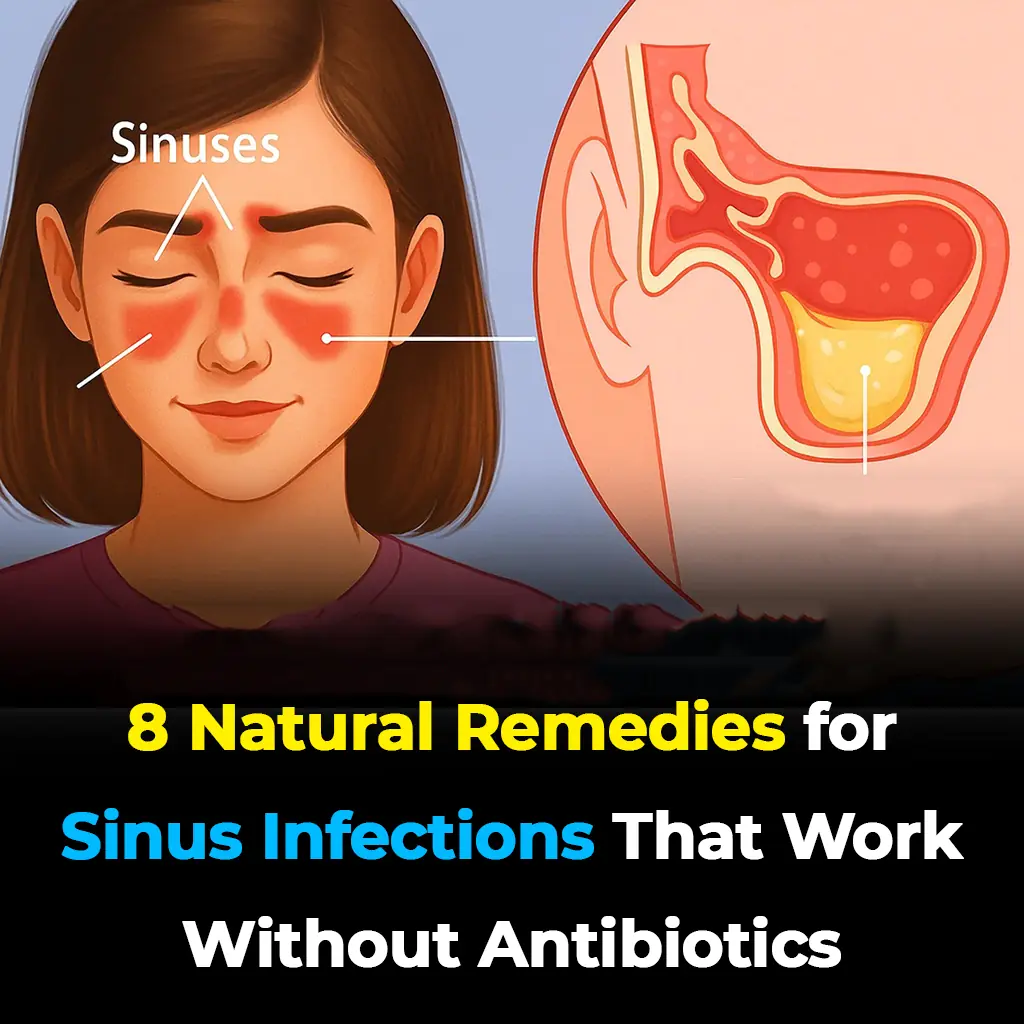
8 Natural Remedies to Cure Sinus Infections Without Antibiotics

The Best Hair Growth Vitamins and Supplements to Fight Hair Loss

Foods to Eat if You Need to Poop – The Best Natural Laxatives to Relieve Constipation

The 4 vitamins this 87-year-old woman takes to stay aging (and you can too)
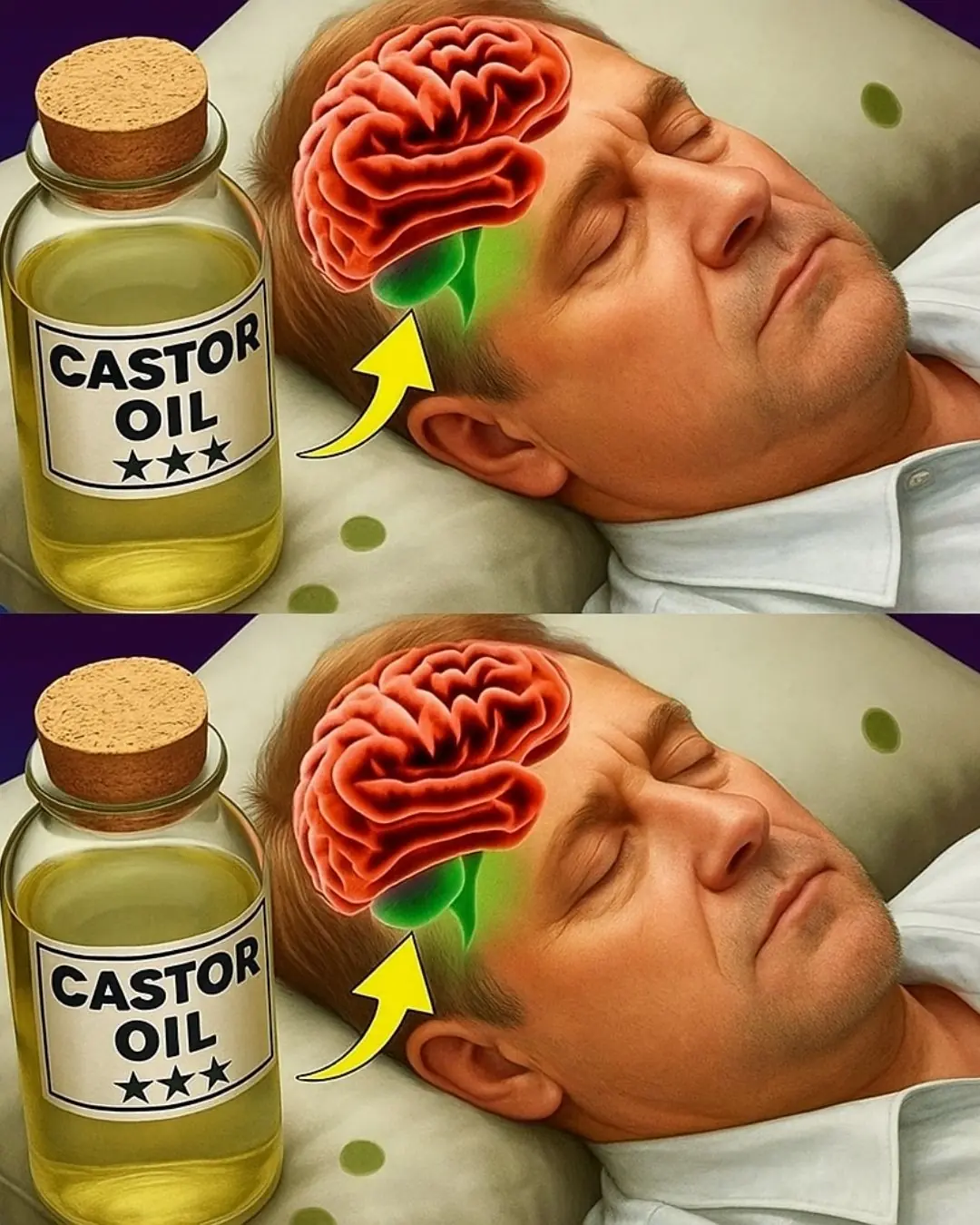
6 Powerful Castor Oil Benefits for Your Health and Wellness
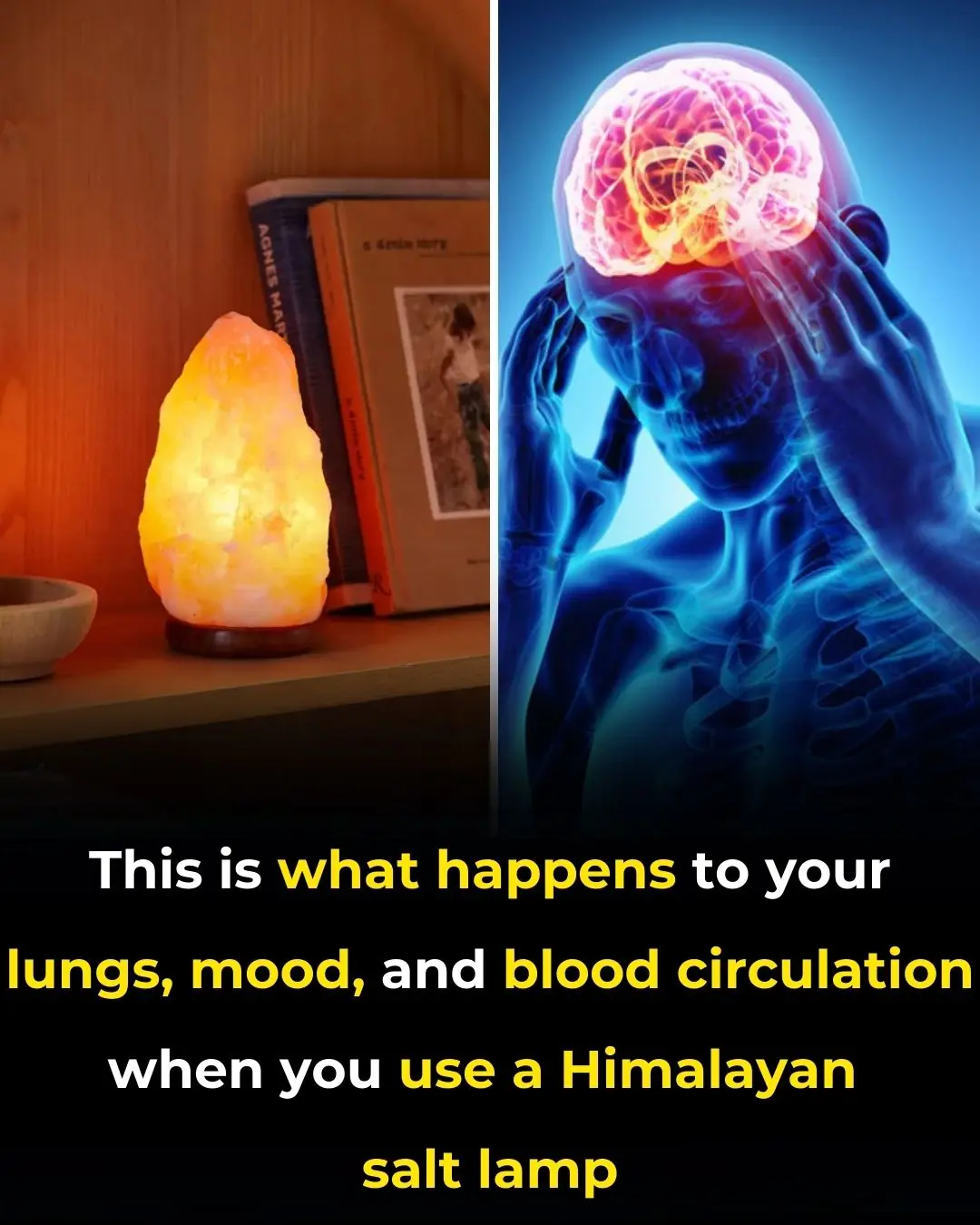
The Possible Benefits of Himalayan Salt Lamp
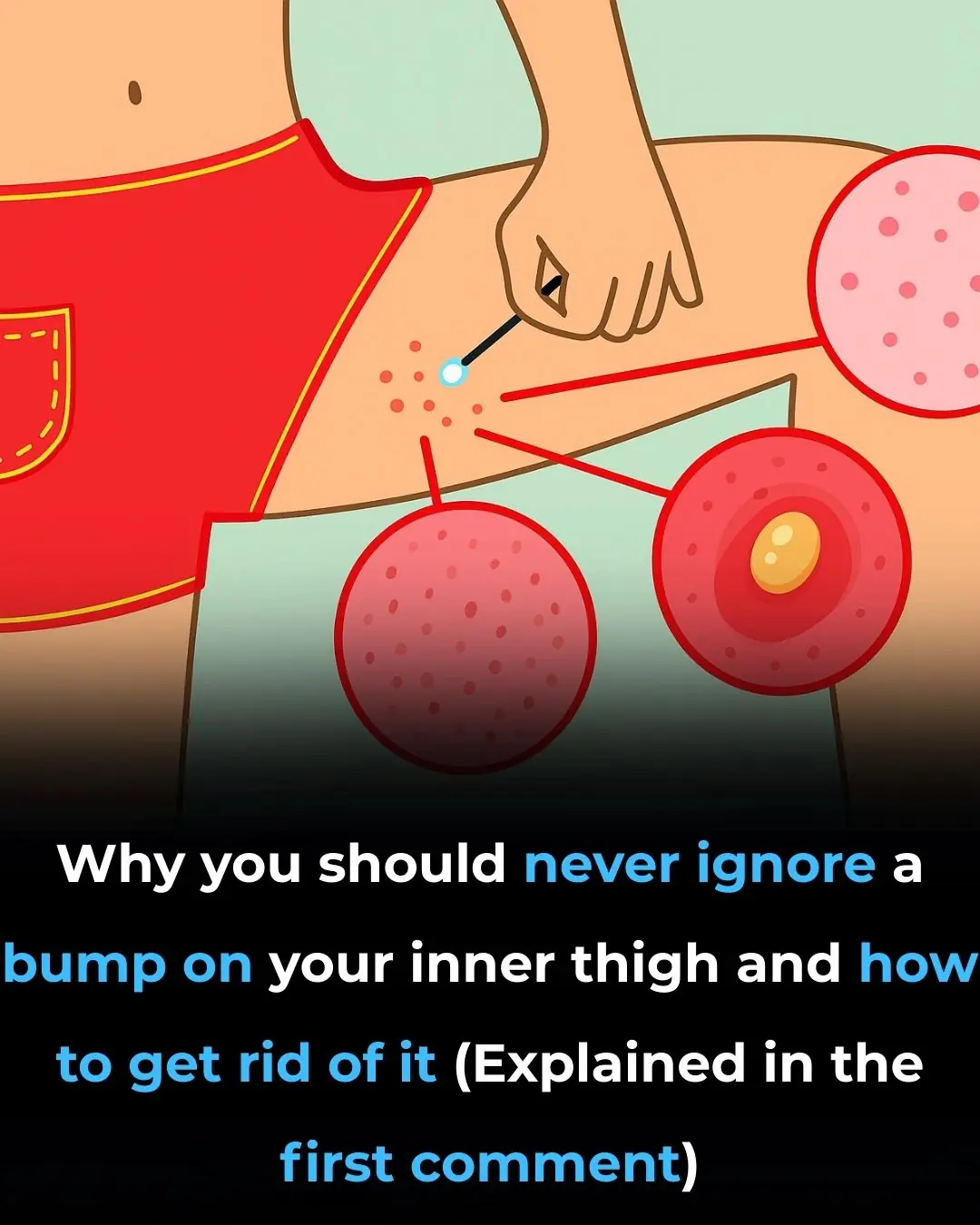
The Most Effective Ways to Get Rid of Bumps on Inner Thigh (Backed by Science)
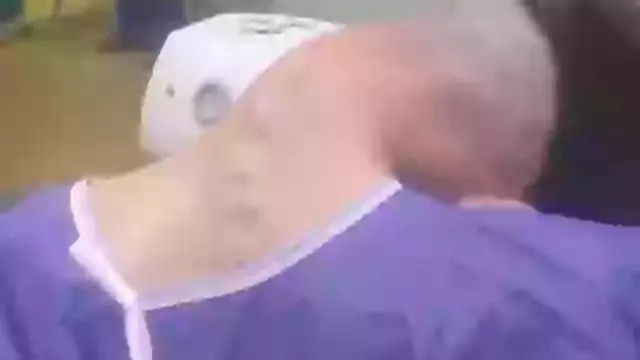
A 23-year-old young man develops "head-drop syndrome" due to a habit that everyone thinks is h@rmless.
News Post

The Nightly Power of Garlic: 9 Incredible Benefits and How to Use It

An Onion Drink for Eye Health: A Holistic Approach

A Pill to Regrow Your Teeth? The Future of Dentistry is Here

6 Health Benefits of Eating One Cup of Pineapple Every Day
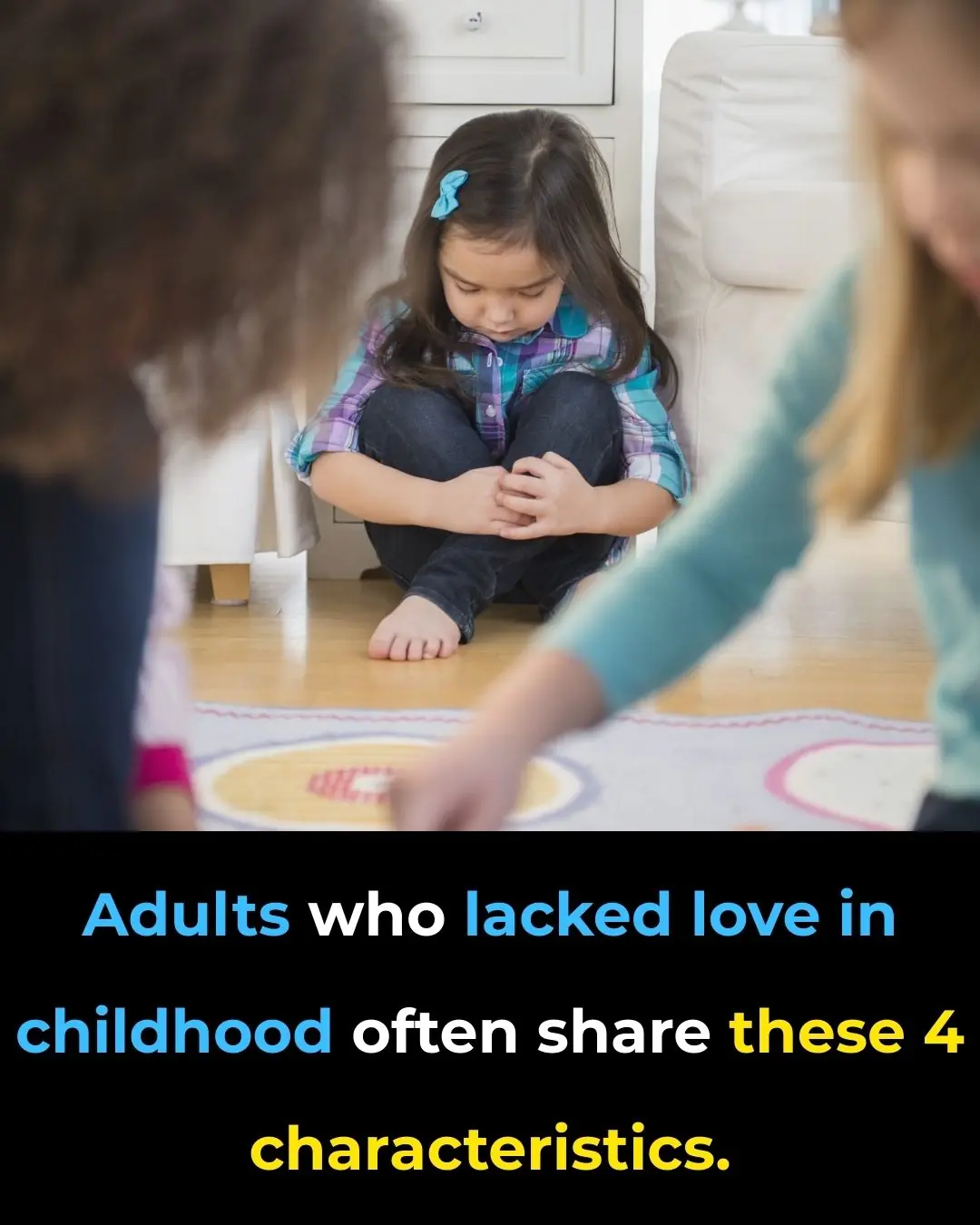
4 Common Traits of Adults Who Grew Up Without Love

82-Year-Old Woman Reverses Dementia Symptoms with Mediterranean Diet

The Real Consequences of Sleeping With…

Tibremciclib for Advanced Breast Cancer: Is It Worth It?

Pluvicto vs ARPI in Prostate Cancer: Is One Better?

Does Chest Pain Always Mean a Heart Attack?

10 Tasty Snacks Packed With Good-for-You Carbs

Pokeweed: The Attractive but Highly Toxic Plant Growing in Your Backyard

Goosegrass: Health Benefits and Uses

The Powerful Health Benefits of Lipton, Cloves, and Ginger Tea Every Woman Should Know

Drink this before bed to balance blood sugar & stop nighttime bathroom trips!

This vegetable oil linked to “aggressive” tumour growth, study finds

The Miracle Tree: 16 Health Benefits of Moringa & How to Use It
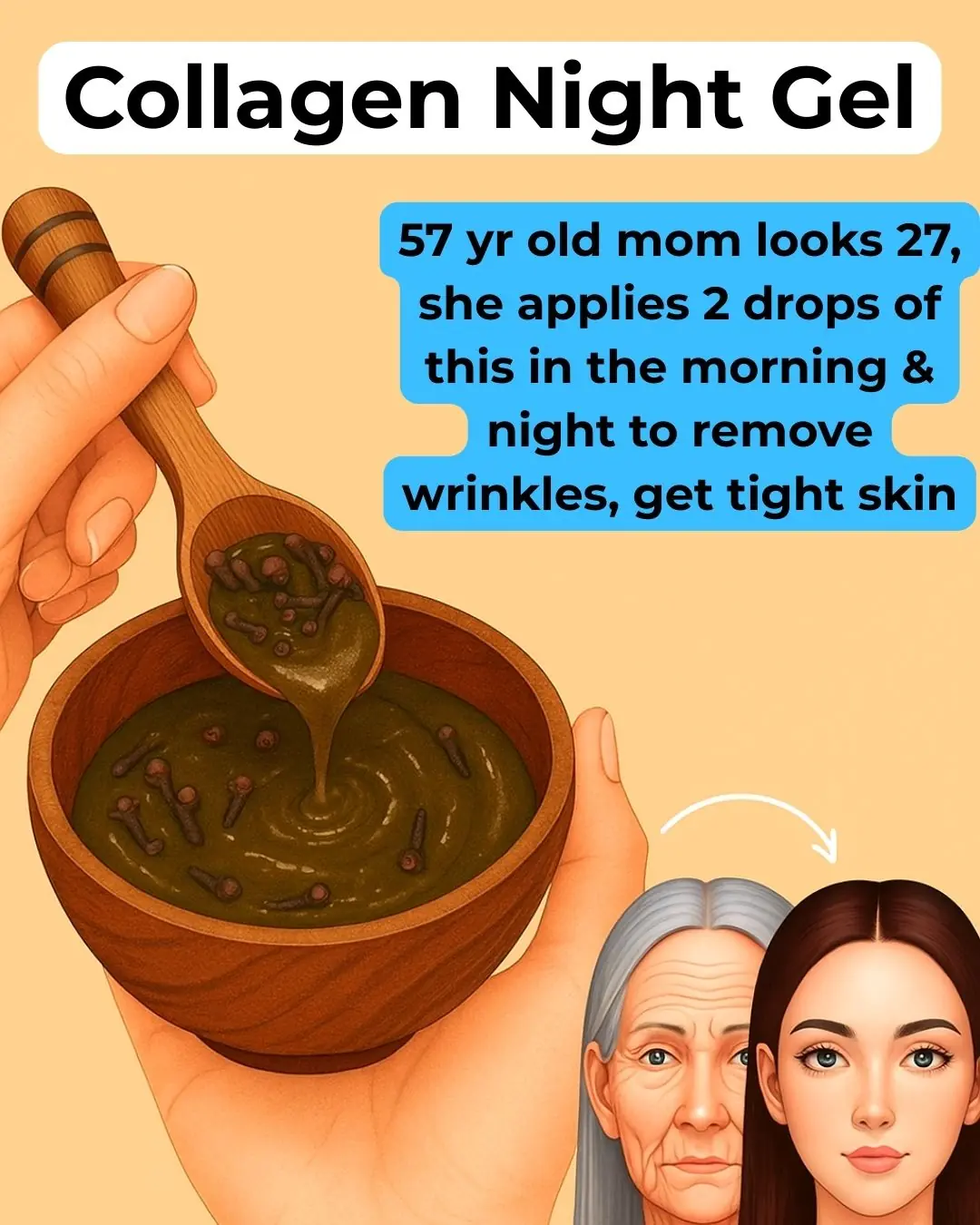
Clove Collagen Gel : Night Gel For A Smooth & Tight Skin

Transform your skin with fenugreek seeds
